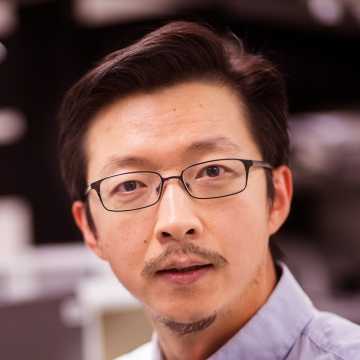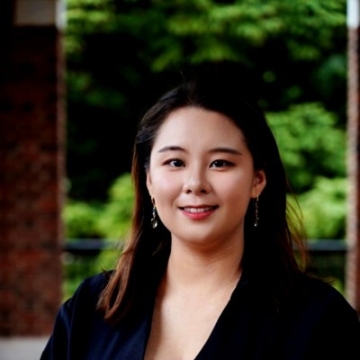
Research Saves Lives
Browse and share stories showing how research conducted at Johns Hopkins, including at the Bloomberg School, creates hope, creates jobs, and saves lives.
Headlines

The Unequal Impacts of Abortion Bans
Since Roe v. Wade was overturned, some states have imposed severe restrictions on access to abortion, leaving pregnant people to continue unwanted or unsafe pregnancies to term. The result was an increase in live births—but also infant deaths.

Understanding the Vaccines on the Childhood Vaccination Schedule
For most kids in the U.S., vaccinations are a standard part of their childhood pediatrician visits. Many of these vaccines have yearslong—and in some cases lifelong, protection.

The Potential Impacts of Cuts to Medicaid
Two health policy experts explain how Medicaid spending cuts could affect health care facilities, clinicians, and services, as well as millions of Americans who depend on the program.

Vaccines Don't Cause Autism. Why Do Some People Think They Do?
How a retracted study from the 1990s led to a persistent myth about vaccines.

Weight-Loss Drug Use Has Risen Sharply Among Children and Adults With Type 1 Diabetes
Drugs developed years ago to treat type 2 diabetes may not be safe and effective for patients with type 1 diabetes, researchers say.

Who Decides Which Vaccines Americans Should Get and When?
The Advisory Committee on Immunization Practices advises the CDC on how to use licensed vaccines—and the CDC usually listens.
Subscribe to Stay Informed
Our Academic Program Offerings
Our programs welcome those from within and outside the traditional boundaries of public health. Whether you're a future college graduate, a midcareer public health leader, or someone looking to make a career change, we have a program for you.

Master of Public Health (MPH)
The Master of Public Health (MPH) is our most flexible degree. With 12 concentrations to choose from, students can tailor their degree to their unique goals while completing classes at their own pace on campus, fully online, or a mix of the two.
We are accepting applications for the online/part-time format starting in November 2025 (in Barcelona) or January 2026.
Master of Science in Public Health (MSPH)
The Master of Science in Public Health (MSPH) is a professional degree alternative to the Master of Public Health (MPH) degree for students who want more focused skills in a specific field of public health or who lack two years of health-related work experience to begin or advance a career as a public health professional. MSPH programs generally require one academic year of coursework, followed by a field placement. The field placement duration and location vary by department/concentration.

Join Us in Baltimore
Pursue a degree at the #1 school of public health in one of America's best cities. With 50+ museums, a bustling restaurant scene, gorgeous parks, and more, Baltimore is a great place to study and live.
Why Choose the Johns Hopkins Bloomberg School of Public Health?
#1
Ranked by U.S. News & World Report since 1994
1st
and Largest School of Public Health
1,800+
Courses Offered
80+
Research Centers and Institutes
28K+
Alumni Living in over 115 Countries
90+
Degree Programs
45
Certificate Programs
3:1
Student-to-Primary-Faculty Ratio
Meet Our Faculty
Our faculty are world-renowned experts, and trusted advisers to our students, public health leaders, and the public.

Radhika Raghunathan, MSPH '16, PhD '20, examines multilevel and longitudinal processes influencing children’s social, emotional, and behavioral well-being, and antecedents of mental health disorders.

Carmen Cronin, PhD, MPH, bridges research and practice to design, implement, and evaluate global health interventions, focusing on maternal and child health, malaria prevention, and child protection.

Jiou Wang, MD, PhD, seeks to understand what controls the birth and death of a protein and how the shape and function of DNA and RNA are connected in health and diseases.

Yuan Shang, MSPH '23, studies how to prevent disabilities and chronic conditions and expand access to rehabilitation services in low- and middle-income countries.
Support Our Work
Our work is made possible in part by contributions from Bloomberg School donors.
